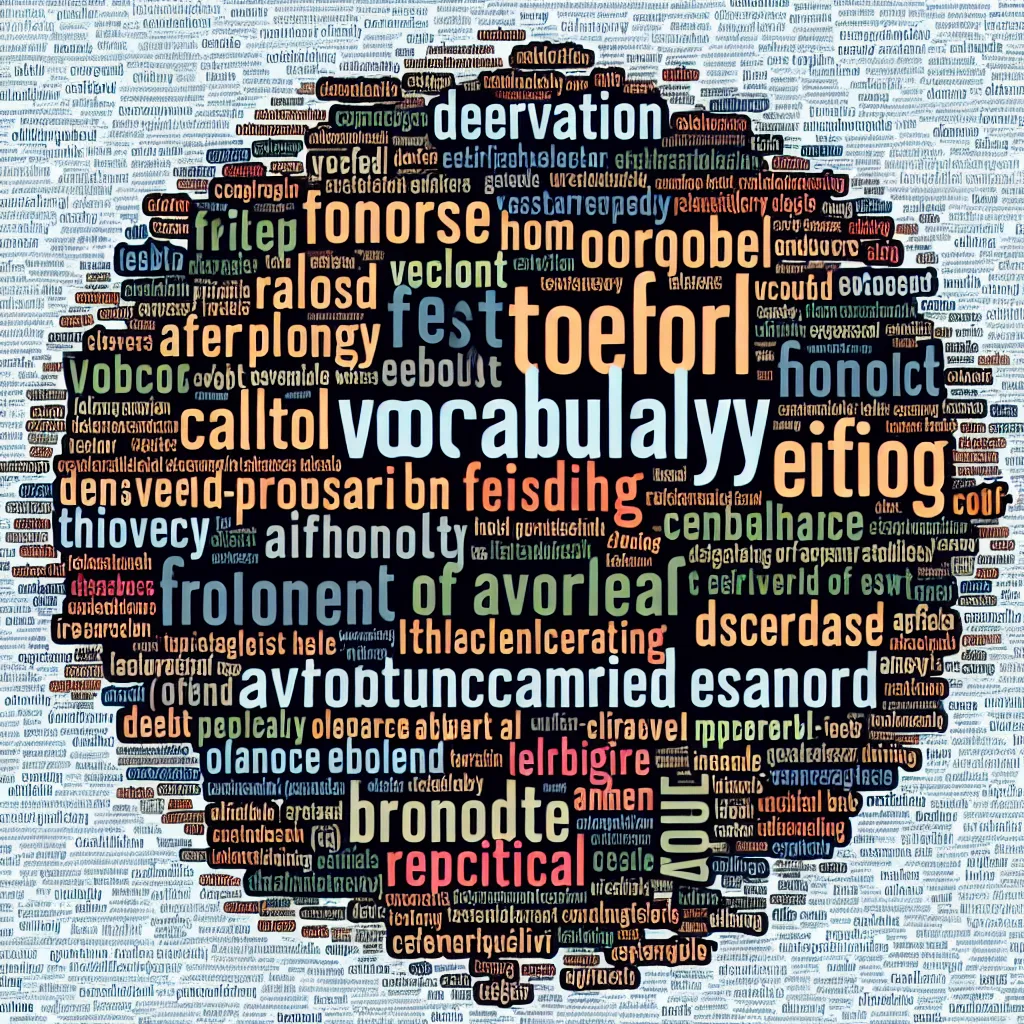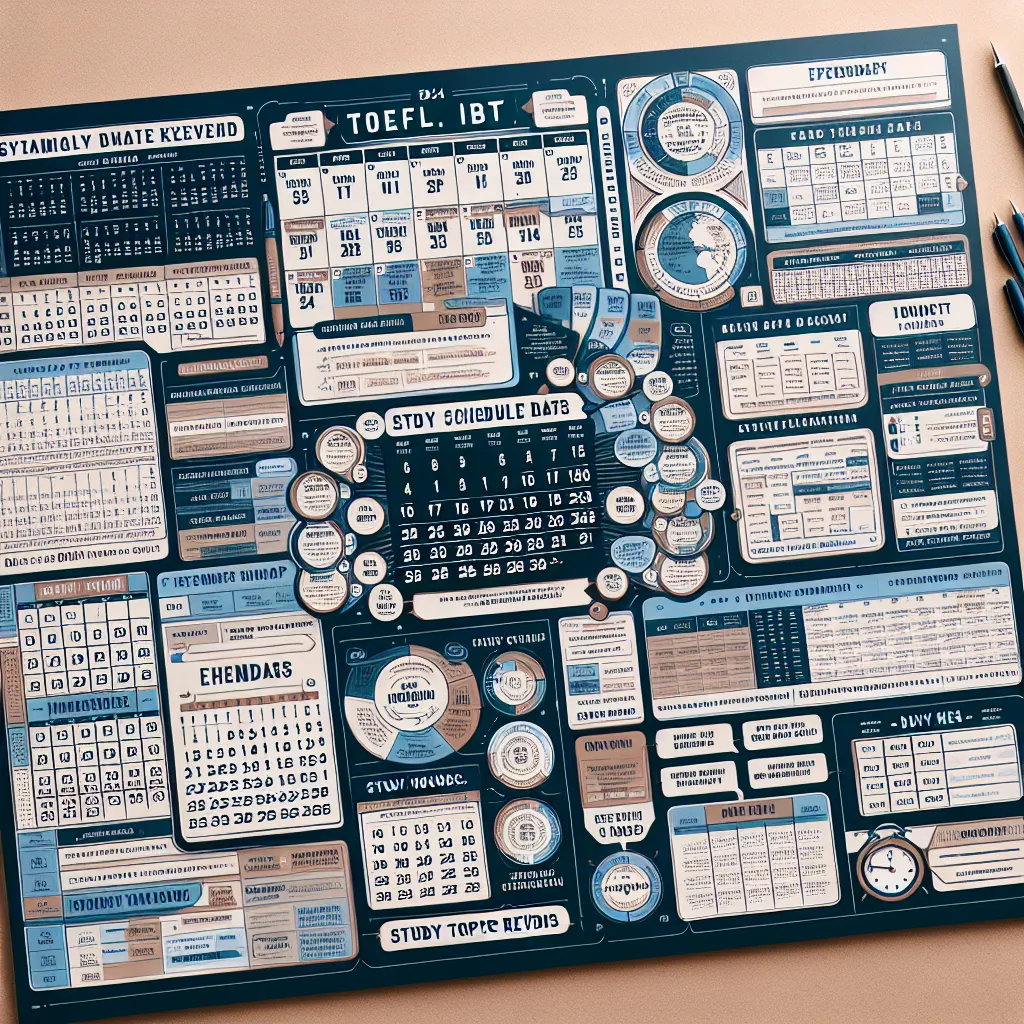Are you preparing for the TOEFL exam and aiming to excel in the Writing section? You’re in the right place! This comprehensive guide will focus on TOEFL Writing Task 2, providing you with expert tips and strategies to help you achieve a high score. Whether you’re a beginner or looking to enhance your skills, this article will equip you with the knowledge and techniques needed to succeed in this crucial part of the TOEFL test.
Understanding TOEFL Writing Task 2
TOEFL Writing Task 2 is an independent writing task where you’re required to write an essay in response to a given prompt. This task assesses your ability to write clearly, coherently, and persuasively in English. You’ll have 30 minutes to plan, write, and revise your essay, which should be around 300-350 words long.
 TOEFL Writing Task 2 Explanation
TOEFL Writing Task 2 Explanation
Why is TOEFL Writing Task 2 Important?
TOEFL Writing Task 2 is crucial for several reasons:
- It demonstrates your ability to express complex ideas in English.
- It showcases your critical thinking and analytical skills.
- It contributes significantly to your overall TOEFL Writing score.
Now, let’s dive into the strategies that will help you excel in this task.
Key Strategies for Success in TOEFL Writing Task 2
1. Understand the Prompt Thoroughly
The first step to writing a high-scoring essay is to fully comprehend the prompt. Here’s how:
- Read the prompt carefully multiple times.
- Identify the main topic and the specific task required.
- Look for key words that indicate the type of essay (e.g., agree/disagree, compare/contrast).
2. Plan Your Essay Structure
A well-organized essay is crucial for a high score. Follow this structure:
-
Introduction (1 paragraph)
- Hook sentence
- Thesis statement
- Brief outline of main points
-
Body paragraphs (2-3 paragraphs)
- Topic sentence
- Supporting details and examples
- Transition to the next paragraph
-
Conclusion (1 paragraph)
- Restate thesis
- Summarize main points
- Concluding statement
3. Develop Strong Thesis and Topic Sentences
Your thesis statement and topic sentences are the backbone of your essay. They should be:
- Clear and concise
- Directly related to the prompt
- Specific and arguable
Example thesis statement: “While social media has revolutionized communication, its negative impacts on mental health and privacy outweigh its benefits.”
4. Use Specific Examples and Details
To support your arguments effectively:
- Provide concrete examples from personal experience, history, or current events.
- Use statistics or expert opinions when relevant.
- Explain how your examples support your main points.
5. Employ a Variety of Sentence Structures
Demonstrating your command of English grammar is essential. Use:
- Simple, compound, and complex sentences
- Different transition words and phrases
- Active and passive voice appropriately
6. Expand Your Vocabulary
A rich vocabulary can significantly enhance your essay. Try to:
- Use academic words and phrases
- Avoid repetition by using synonyms
- Include idiomatic expressions where appropriate
 TOEFL Writing Vocabulary
TOEFL Writing Vocabulary
7. Practice Time Management
With only 30 minutes for this task, managing your time is crucial:
- Spend 3-5 minutes planning your essay
- Allow 20-22 minutes for writing
- Reserve 3-5 minutes for revising and proofreading
8. Revise and Proofread
In your final minutes:
- Check for grammatical errors and typos
- Ensure your ideas flow logically
- Verify that you’ve addressed all parts of the prompt
Common Pitfalls to Avoid
- Straying off-topic: Always refer back to the prompt to stay focused.
- Writing too little: Aim for at least 300 words to fully develop your ideas.
- Using memorized essays: Examiners can easily spot pre-written content.
- Neglecting transitions: Ensure your paragraphs and ideas are well-connected.
- Ignoring the conclusion: A strong conclusion is essential for a well-rounded essay.
Next Steps: Practicing for TOEFL Writing Task 2
To improve your skills:
- Practice writing essays on various TOEFL-style prompts.
- Time yourself to simulate exam conditions.
- Have your essays reviewed by a teacher or a native English speaker.
- Analyze high-scoring sample essays to understand what examiners look for.
- Keep a journal of new vocabulary and practice using it in your essays.
Conclusion
Mastering TOEFL Writing Task 2 requires dedication, practice, and the right strategies. By understanding the task requirements, planning effectively, using strong arguments and examples, and managing your time wisely, you can significantly improve your chances of achieving a high score. Remember, consistent practice is key to success. Keep refining your skills, and you’ll be well on your way to excelling in the TOEFL Writing section.
[internal_links]
Are you feeling more confident about tackling TOEFL Writing Task 2? Share your thoughts or questions in the comments below, and don’t forget to check out our other TOEFL preparation resources to boost your overall performance on the test. Good luck with your TOEFL journey!




